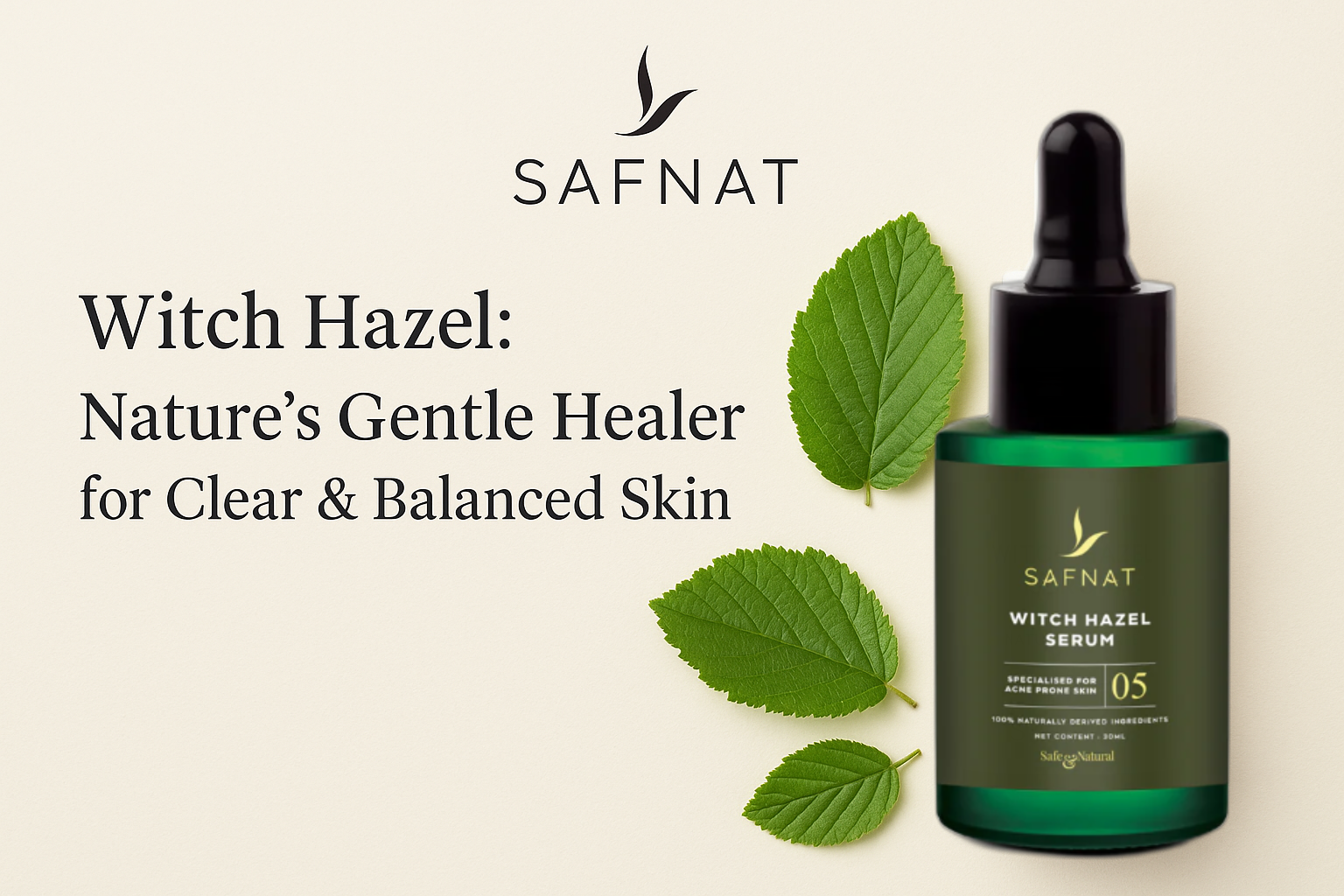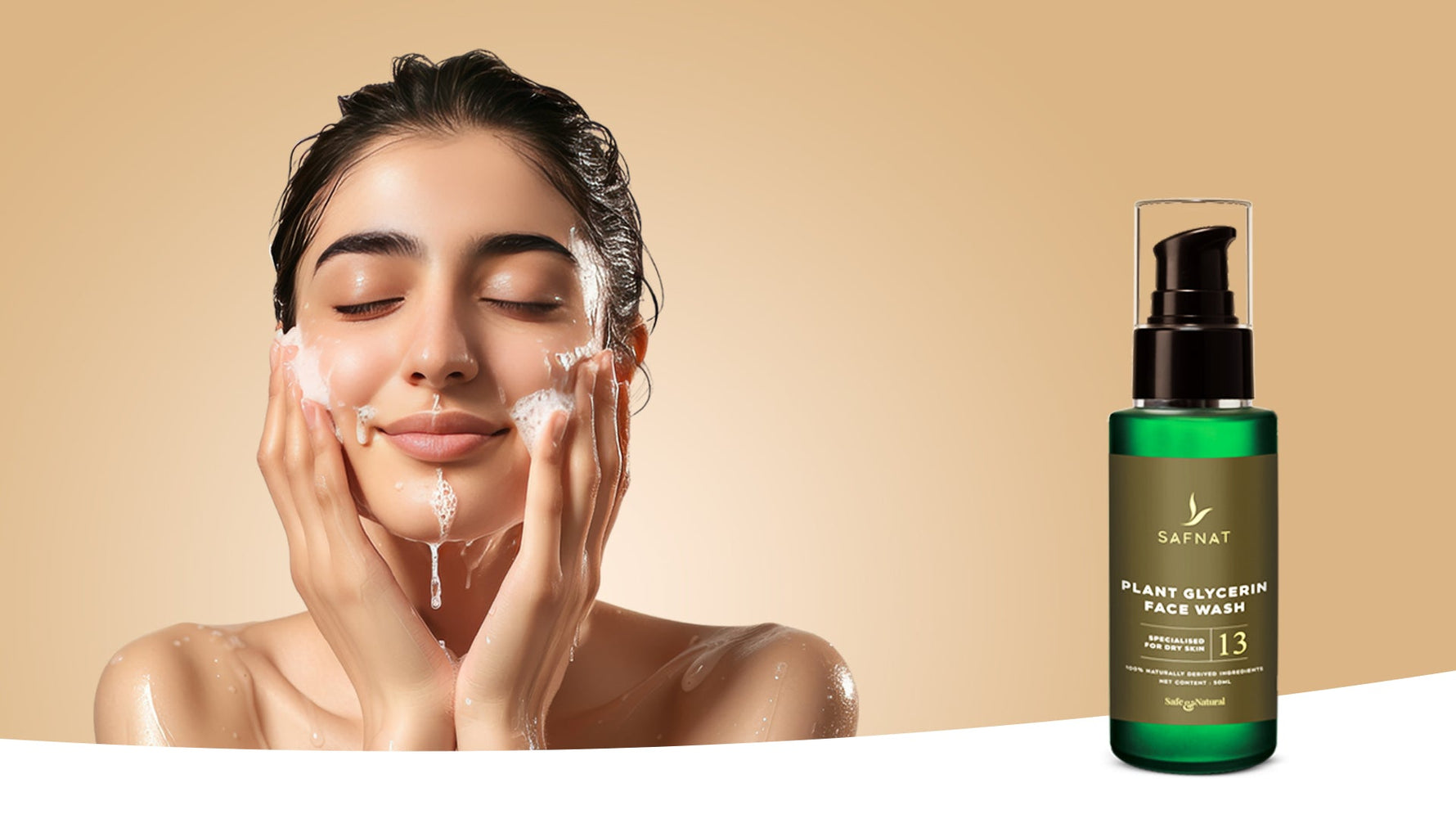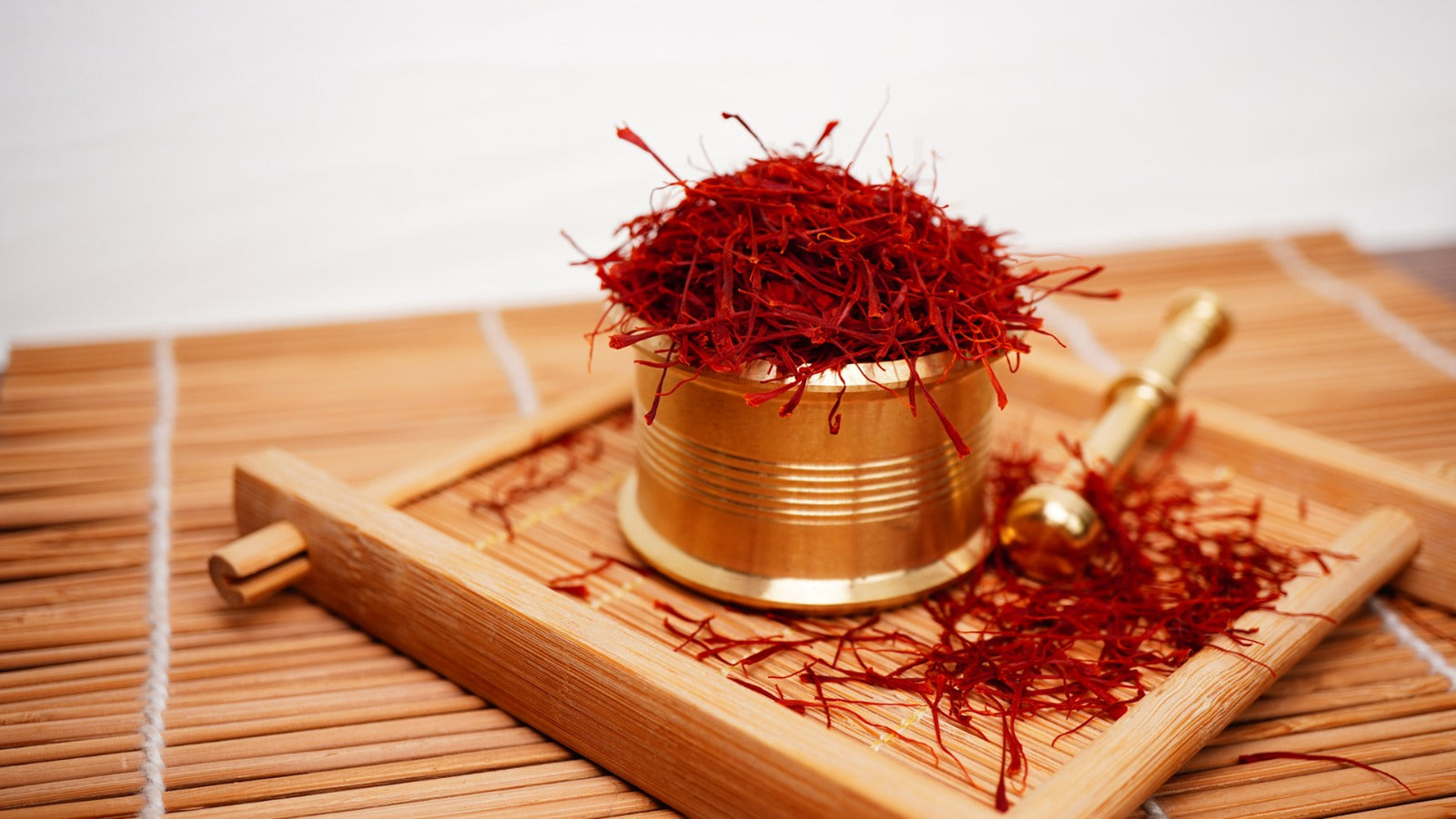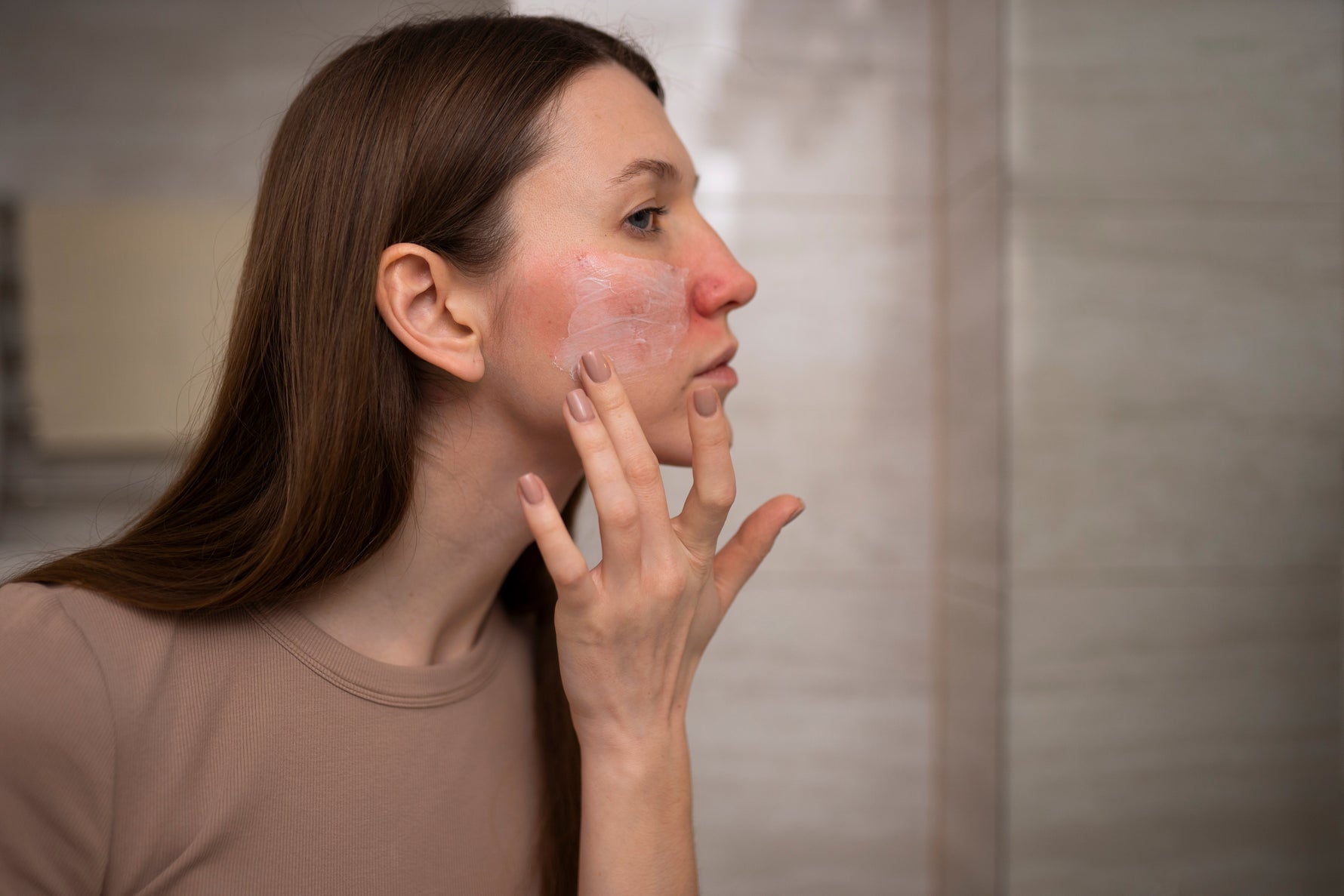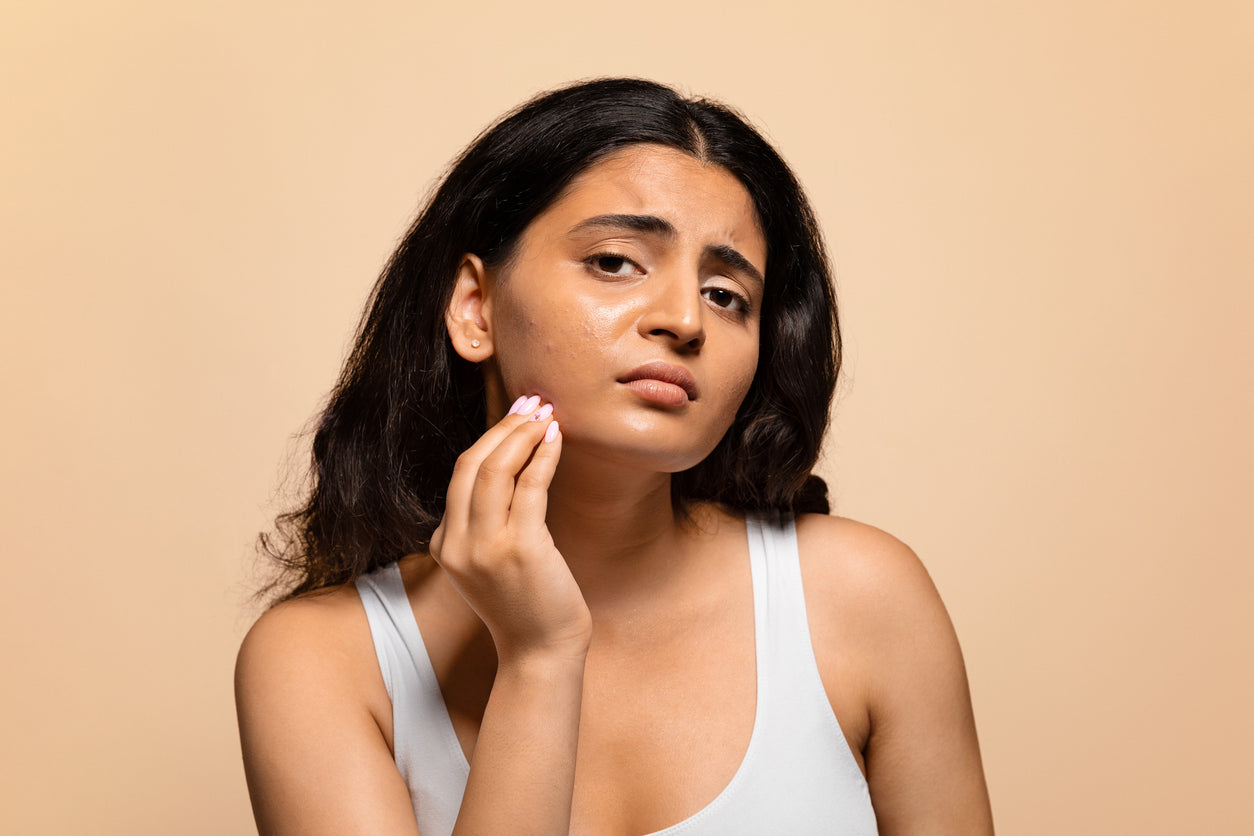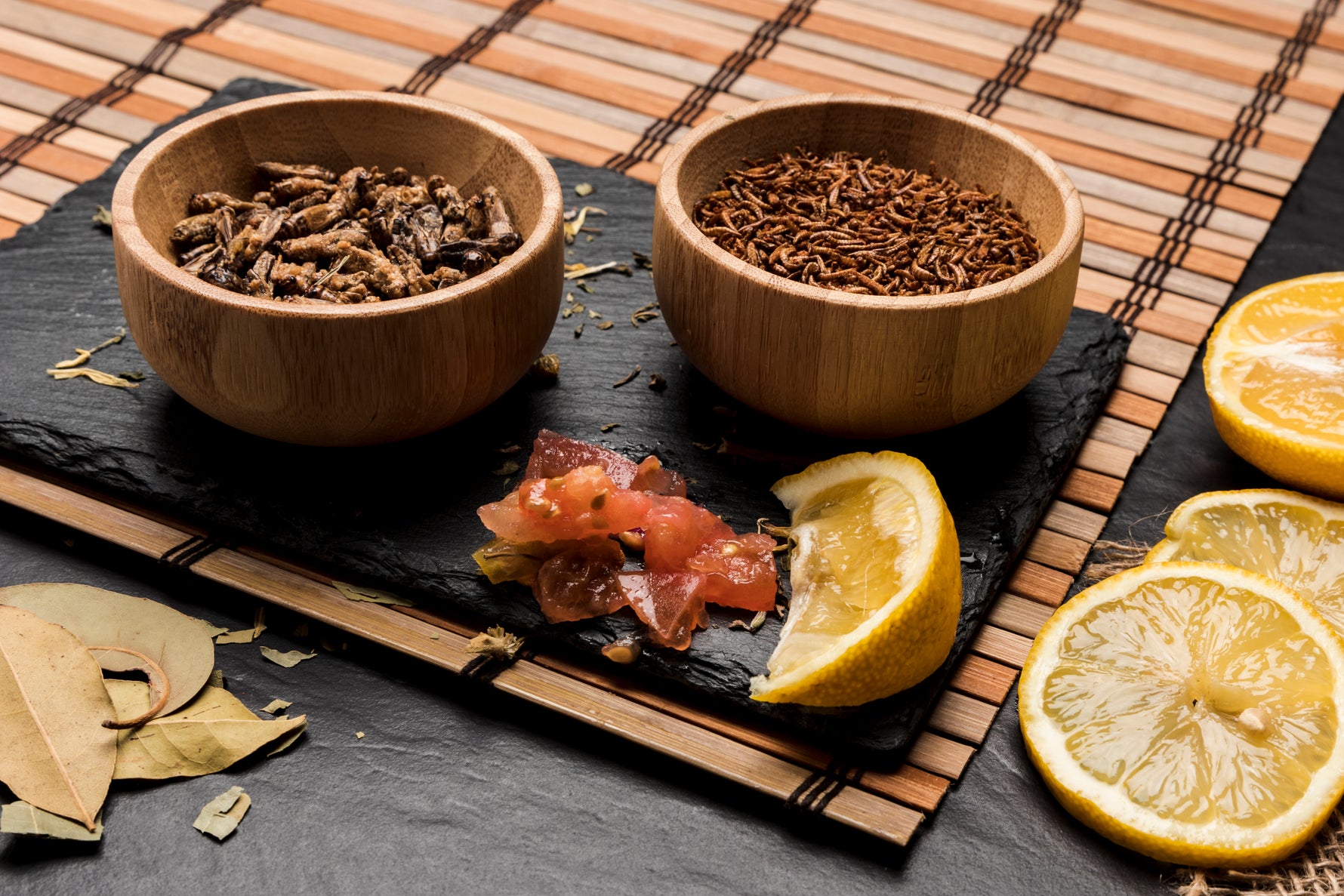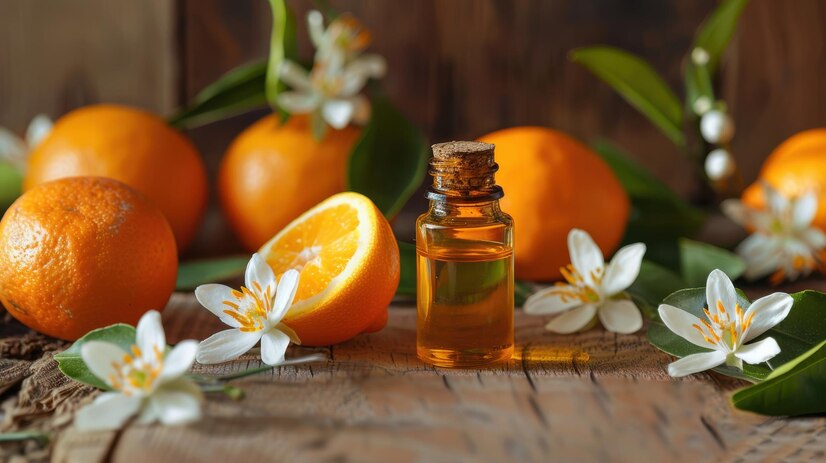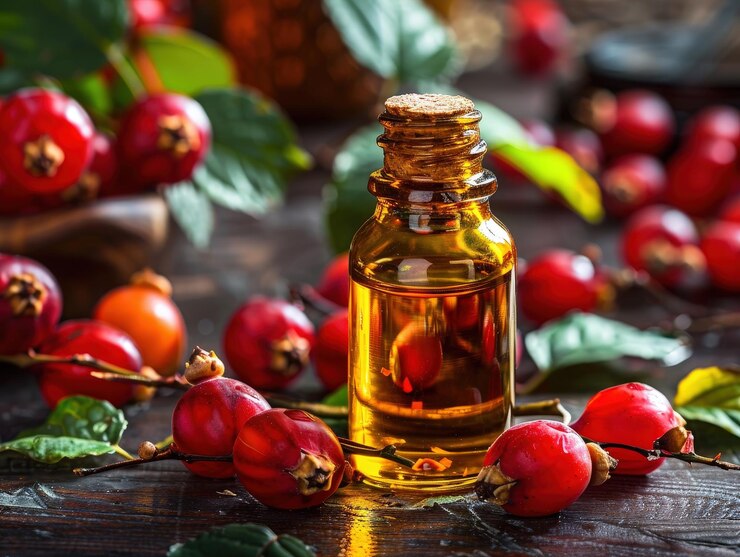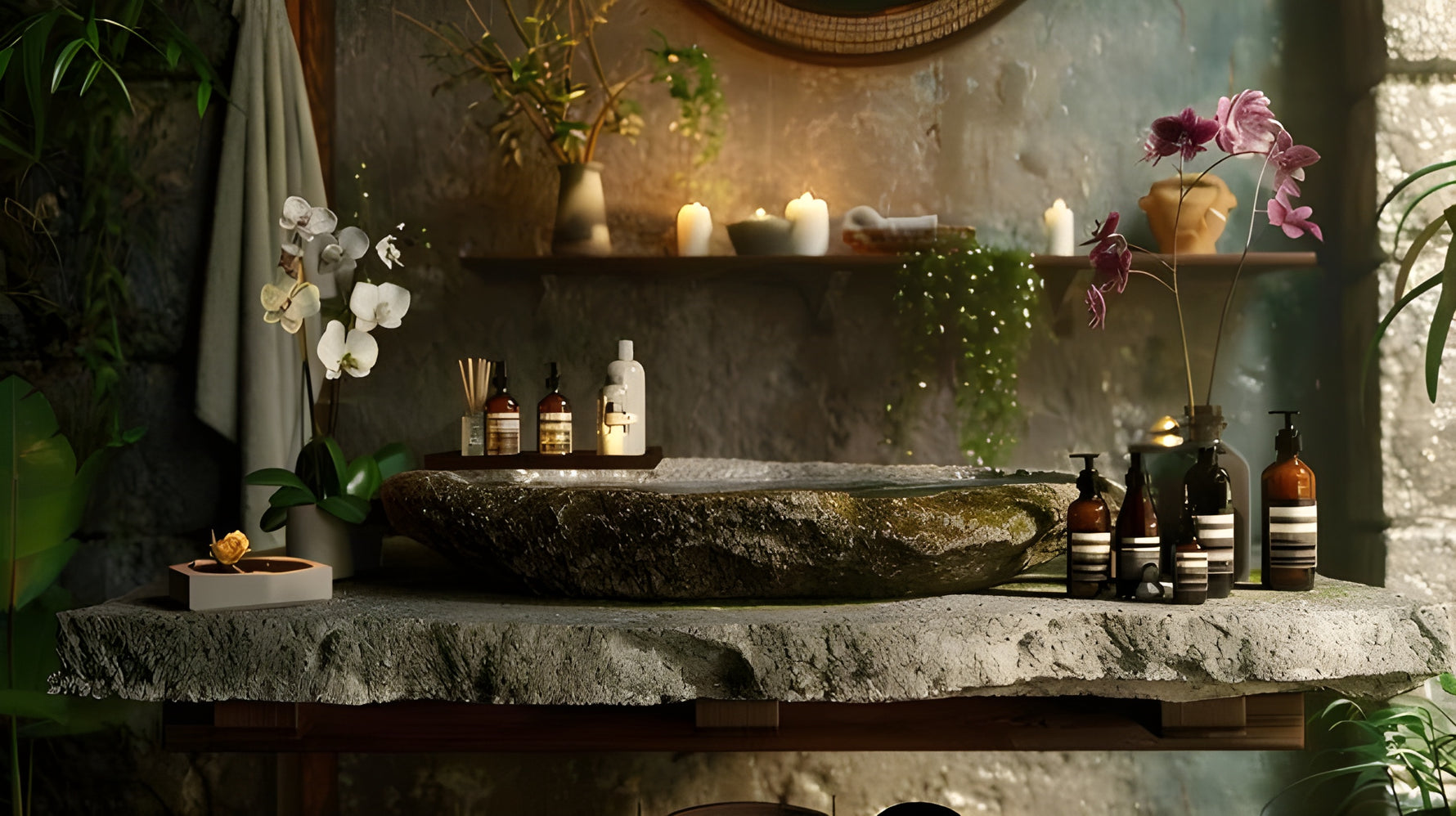Dry skin is one of the common conditions encountered in people at all ages. Redness, coarseness, itchiness, flakiness, or even scaly skin is a consequence of this disorder. Known medically as xerosis, asteatosis, or xerosis cutis, the condition gets worse with seasonal changes, particularly in winter when the skin demands extra hydration and care. Dry skin is a condition resulting from insufficient moisture in the skin. However, it is mostly harmless and causes temporary discomfort. Luckily, it can be controlled by hydrating the skin and using the appropriate moisturizers.
Possible Causes of Dry SkinThere are various reasons that cause dry skin:Dehydration – Not Enough water consumption leads to reduced body moisture levels and dry skin.Medical Conditions – Various medical conditions, such as diabetes and hypothyroidism, can lead to dry skin.Medical Treatments – Chemotherapy, for example, can cause dryness.Environmental Factors – Cold weather, low humidity, and outdoor work are common causes of dry skin.Frequent Bathing and Scrubbing – Over-washing or scrubbing too hard removes the natural oils from the skin.Harsh Soaps and Detergents – Ingredients in these products can cause irritation and dryness.Aging – As people age, their skin produces less oil, causing dryness.
Symptoms of Dry SkinCommon signs of dry skin include:- Rough texture- Tightness- Flaking or peeling- Scaling- Itching- Redness and fine cracks- Deep cracks that may bleed
Types of Dry SkinDifferent types of dry skin require specific care:Contact Dermatitis – Caused by exposure to irritants or allergens, leading to redness and itching.Eczema – A chronic condition marked by patches of itchy, inflamed skin.Seborrheic Dermatitis – Affects oily areas like the scalp, causing flaky, scaly patches.Athlete's Foot – A fungal infection that causes dryness and itching between the toes.Perioral Dermatitis – Red, bumpy rashes around the mouth, usually caused by the misuse of products.Granuloma Annulare – A rare condition characterized by ring-shaped, raised bumps on the skin.
How to Manage and Treat Dry SkinDry skin should be managed with hydration and moisturization.Apply moisturizers with emollients and hyaluronic acid to hold in moisture.For extreme conditions, oral or injectable medications can be prescribed.
Food to Avoid Healthy SkinThere are foods that make the dry skin condition worse. Stay away from them for better moisture regulation:- Alcohol- Caffeine- Excessive salt- Food rich in sugar- Dairy products- Processed meats
How Often to Apply MoisturizerMoisturizing is important. You must apply moisturizer:- During morning after waking- Before sleep- After bathingBy moisturizing consistently and drinking plenty of water, you can combat dry skin and keep it healthy.
Conclusion Dry skin is a common and manageable condition but can be annoying if not managed appropriately. Its causes and recognition of symptoms make it possible for you to be proactive in keeping your skin hydrated and healthy. Maintaining moisture balance is very crucial, and lifestyle changes such as drinking enough water, avoiding the use of severe skincare products, and using appropriate moisturizers are highly essential. This may also be achieved by avoiding dehydrating foods and monitoring diet that can enhance your skin. With proper care and daily moisturizing, you will be able to enjoy softer, smoother, and better-nourished skin every day—because healthy skin means a happier, more confident you.
